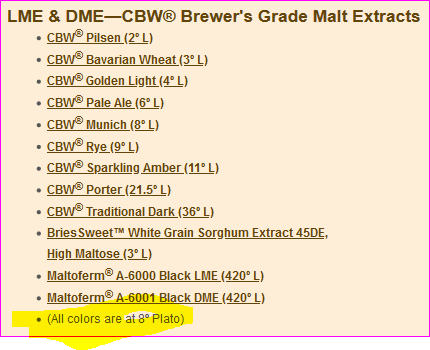bernardsmith
Well-Known Member
Apologies if this question has been asked a thousand times but I cannot find a good answer. I make mead and wine but very occasionally do I brew beer, but I am planning on making a braggot - a hybrid beer and mead and for this braggot my thought is to use DME - I prefer a very short brew day. The thing is that I am not using hops but I will be using some herbs and the herbs will need to be boiled for about 15 - 30 minutes. My sense is that DME has been fully prepared so that there is no reason to boil the DME in order to remove protein or DMS, or to halt enzymatic acytivity: DME is no more and no less than dried wort, and further boiling the DME will unnecessarily caramelize and darken it. If that is correct, does that mean that I can simply add the DME as the tea is off the boil and is beginning to cool down or is there a good reason to add the DME before I kill the flame on the herbs? Thanks.























![Craft A Brew - Safale S-04 Dry Yeast - Fermentis - English Ale Dry Yeast - For English and American Ales and Hard Apple Ciders - Ingredients for Home Brewing - Beer Making Supplies - [1 Pack]](https://m.media-amazon.com/images/I/41fVGNh6JfL._SL500_.jpg)

























